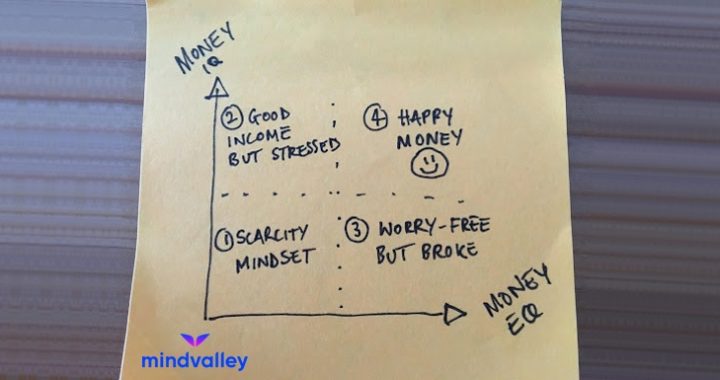Bruce Lee once said: Adapt what is useful, reject what is useless, and add what is specifically your own. It’s an exceptional quote that is profoundly helpful when working with a financial plan. However, the difference between our current situation and Lee’s is that in the 60s, it was much harder to access information.
Now, we’re overwhelmed with information, and too much advice can derail even the most robust plans. Sifting what is useful from what is useless is exponentially more challenging than it was for previous generations.
And this is just when we’re actively looking for information and advice – what about all the times that our family, friends and colleagues offer unsolicited advice? You may not have been anxious about something, but now that they brought it up, you can’t stop thinking about it!
Elizabeth Scott, from verywellmind.com, says that anyone can be on the receiving end of unsolicited advice, and it doesn’t always feel helpful. Whilst it can be a life-saver, unsolicited advice can create stress.
People offer advice for many reasons, some of which are well-intentioned, others less so. As Lee alluded to, the key is being able to tell the difference and understanding a person’s motives can be especially helpful.
There are helpful motives, like altruism, friendliness and shared excitement – but some advice can come from a place of neediness and helplessness. There are more damaging motivations, including traits like narcissism, control, judgment, and drama. We’ve all experienced advice given from a range of these places and will continue to experience this, so we need to have a plan to create healthy boundaries to protect ourselves from too much advice.
Verywellmind.com suggests that when someone is giving advice to make themselves feel more powerful, there is underlying anxiety in their behaviour that we will most likely pick up on. We might be triggered to react harshly and accuse them of being manipulative, but this approach might backfire.
We need to take space from the situation so that we can respond from a non-reactive place. We can validate their advice and create an atmosphere of emotional security for both of us. The key is to validate without overidentifying. We can let them know we’ve heard them and appreciate where they are coming from without taking on the potentially damaging narrative.
To do this while proactively communicating a boundary around further advice, you might say something like, “Thanks for the idea. I have my own plan for handling this, but I really appreciate your perspective and will take it into consideration. Can I let you know when I need help in the future?”
If you have trouble setting boundaries without being reactive, prioritise working on your own ability to self-regulate. As uncomfortable as it may make you to continuously receive unwanted advice, if you can respond with compassion, the situation will likely diffuse much faster.
We’re all different, which means we’ll all approach things differently and make personal choices. In an unaware environment, this will always create conflict and stress, but in an aware environment, it creates opportunities for growth, collaboration and stronger relationships.
P.S. If you’re the one offering unsolicited advice… “Never miss a good chance to shut up.”
― Will Rogers









